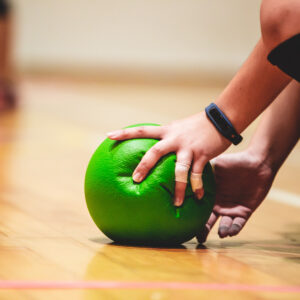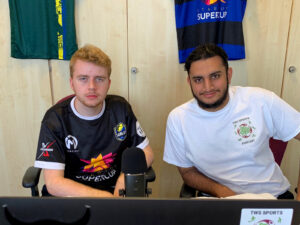Bob Hill: Embarking on a journey
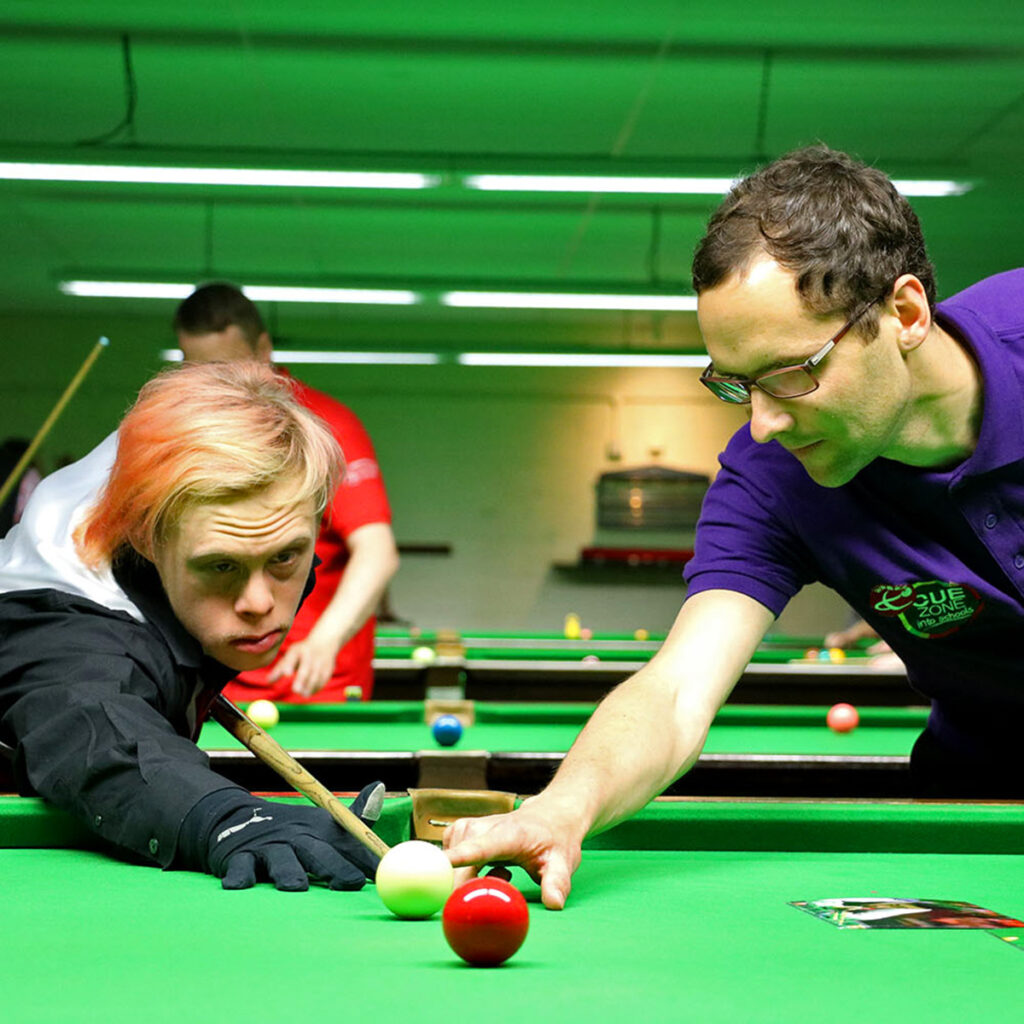
The World Disability Billiards and Snooker organisation is set to begin hosting nationwide tournaments for the first time in two years, with plans to grow its impact bigger than better than ever before.
Scheduled for the end March is the UK Disability Snooker Championship in Northampton, which also includes a taster morning where anyone can go to the venue and try the sport.
After returning to action with two post-lockdown test events last year, WDBS aims to provide a more extensive calendar of weekend-long events in different locations throughout the year, increasing opportunity for people to trial the sport or compete.
But the public’s appetite for snooker is nothing new to 2022 as Bob Hill – a Director of WDBS – found out when he was coaching the sport in Bristol a few years ago.
“The Paul Hunter Foundation is a snooker charity and was offering start-up funding for groups,” said Bob. “I knew there was a demand locally to get some sessions going for neurodiverse players.
“I had a go and received funding for six sessions, with 20 people coming along. That formed a regular group that I still run every couple of weeks, and some of those players have taken part in WDBS events and we’ve been to watch World Snooker tournaments as a group. It’s been a fantastic thing to be involved in.
“Snooker is the best sport out there – anyone can play and it’s for all levels. You grab your cue and get going, potting balls like scoring goals in football.
“It’s exciting and sociable, so you can chat to your mates while you play, and also very intuitive as you learn how to consistently pot balls into pockets – something that’s really important for our neurodiverse players.
“You can always continue to learn in snooker. It’s a sport which you can really focus on without distractions and develop your skills, while playing an environment that suits you – either solo or socially.”
During the UK Championship, which is being held at Barratts Snooker Club in, Northampton, the taster morning will be run by qualified coaches from the World Professional Billiards and Snooker Association (WPBSA) on Friday 25th March.
“I definitely encourage anyone in the Northamptonshire area to come along and trial,” continued Bob. “The coaches are really fun and engaging, they’ll show you how to play, you can take part in some challenges, and you’ll have a really good laugh.
“On the WPBSA website, there is a club finder tool which shows opportunities near your postcode and a coach finder where you can find your local coach.
“We also have a national scheme called the 147 Club, which includes clubs that are meeting our governing body standards so everything is in place to have a family friendly, enjoyable experience. They are the ones we particularly recommend, so search for those clubs on our map and go along.
“There’s a newsletter you can sign up to, and we also have a calendar on our website that we will be filling with events so keep checking on that.”
In tournaments, players are grouped by similarities based on wheelchair, ambulant, intellectual, and sensory factors, and their formats ensure that everybody has matches from Friday to Sunday no matter where they are in the weekend’s leaderboard.
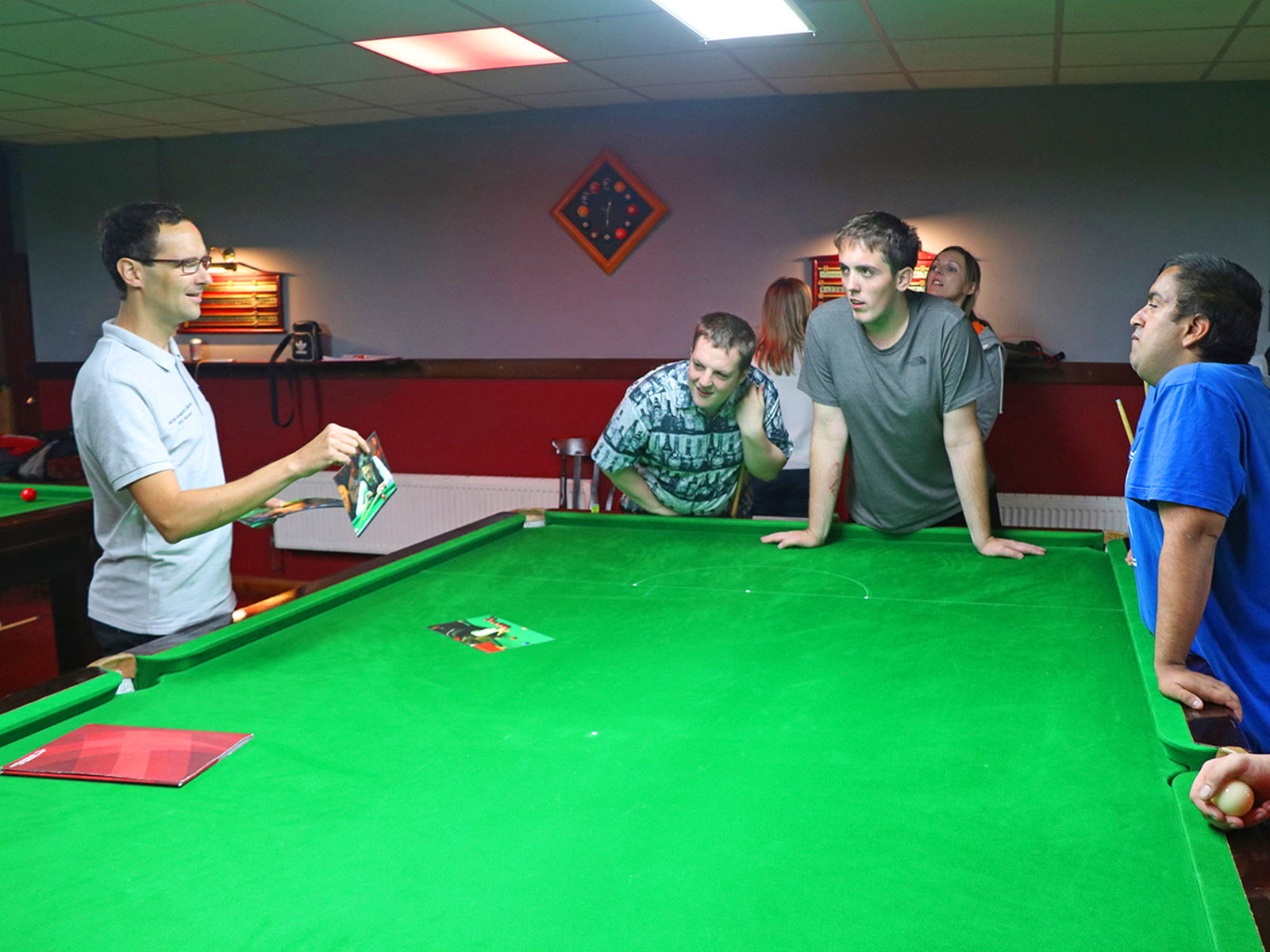
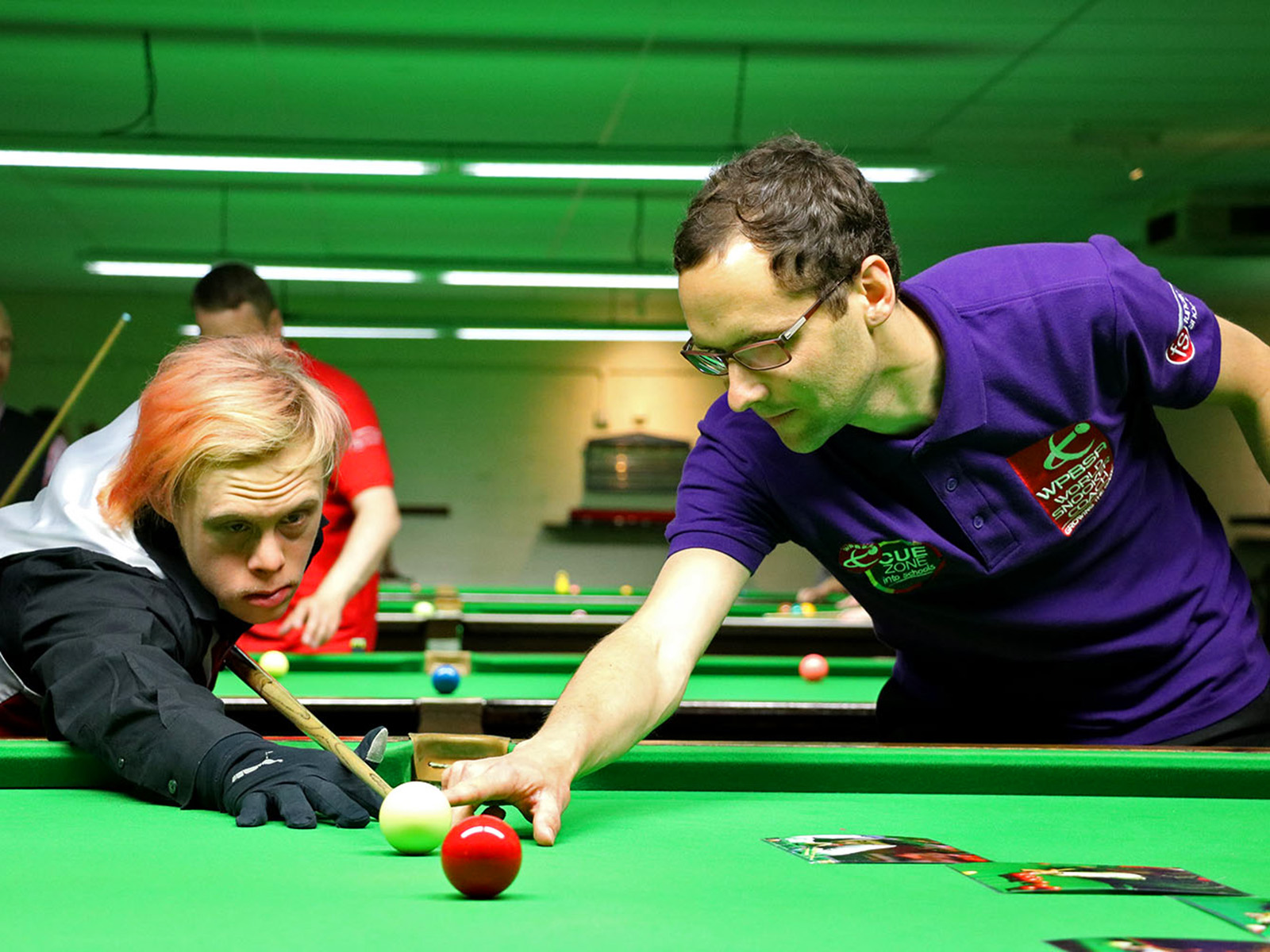
WDBS also has several strategies in place to ensure that its competitions are accessible and enjoyable.
“Everyone is very sporting, as well as being competitive.
“We put questions to participants for feedback so we know if everyone is having a good time, and we’ve got volunteers who are able to explain things in certain ways so that everyone has a chance to understand how the tournament works and ask questions.
“Some players need timeouts so we’ll look at the schedule to make sure everyone has time to relax and rest, we’ve teamed up with different disability sector organisations and charities for training board members and officials, and we are able to make venues more accessible by working with the host club.
“We’ve learnt a huge amount, and we want to continue to learn to make these events as fantastic as possible.”
Bob also works as the Club and Facilities Manager for WPBSA – the governing body that organises events for some of snooker’s most renowned stars. But he rightly believes that WDBS players can be huge role models for the game as well.
“We publish video interviews with different players taking part on the WDBS tour, so I recommend that everyone has a look at those as they are very inspiring.
“When you hear about peoples’ backstories and how they started taking part in WDBS events, it really opens your eyes to the journey people go on to take part in snooker. There’s a huge range of people involved – it’s really interesting.
“All the players get a profile on the website and a ranking, which enables them to challenge themselves and improve their rank, if that’s what they want to do.
“Players in the past who had never been overseas before have taken part in competitions in Belgium, so that’s a massive opportunity to play in an event in another country, to travel, to see another city. Players go as part of a big group, all doing it together, so they are supported out there.
“For us, the individual journeys are the most important thing. We see so many players come in as not the most confident of people, but once they realise it’s a very friendly environment, we see people grow in confidence and that’s fantastic – it’s why we do it.”
As WDBS helps to facilitate more events outside of the UK, the organisation has aspirations to get snooker recognised again on the largest parasport platforms.
“We have an overall goal to get snooker back in the Paralympics [for the first time since 1988].
“We have some really good pathways into events; some of the players in our tournaments have gone on to take part in WPBSA and World Snooker competitions and players have been invited to take part at the Crucible Theatre in Sheffield.
“Now is a great time to take up snooker. Participation has bounced back stronger than ever since the pandemic and clubs are doing really well.
“There’s a lot of opportunity to play, and once you start, it can be a sport for life.”

